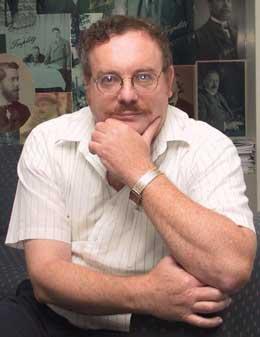 My interview with Israel’s new minister of science, Daniel Hershkowitz, now up on the Nature website, offers food for thought on two fronts, one a matter of policy implementation and one a matter of policy principle.
My interview with Israel’s new minister of science, Daniel Hershkowitz, now up on the Nature website, offers food for thought on two fronts, one a matter of policy implementation and one a matter of policy principle.
If you have trouble understanding the arcane details of how the state of Israel funds basic research (why do we have a science ministry when the lion’s share of research funds are handled by another agency?), then you’re not alone. A high-level source in the ranks of science policy makers told me in frustration a few days before my talk with the minister that he doesn’t have reliable data on how Israeli scientists fund their work—there is a welter of agencies and funding sources and no one who tracks them all. How can the nation formulate a rational basic research program without accurate information?
As Hershkowitz notes, free, untrammeled, and well-funded basic research is vital to the development of Israel’s human resources. The country is a scientific powerhouse compared to its size, but it’s slipping quickly, largely because scientists have difficulty finding money to pay the costs of their work. Many Israeli scientists now do most of their actual research on holidays and sabbaticals overseas, where grants are easier to obtain and laboratories better-equipped.
A wise government would listen closely to the experts at the science ministry and the Israel Science Foundation about how to rationalize the funding system, and make a solid long-term commitment to injecting more money into basic research. The 50 percent hike in the science ministry’s budget is promising, but at this writing it’s not clear how that money will be used. One thing is certain—most of it won’t fund basic research, because that’s not part of the science ministry’s mission.
On the matter of principle: Hershkowitz’s evaded the opportunity I offered him to come out with a clear and unambiguous statement calling on Israel’s religious schools not to censor their science classes. Hershkowitz doesn’t have any statutory power over the science curriculum, but being, in addition to science minister, a rabbi, mathematician, and leader of a modern Orthodox political party, he can make a difference. As an advocate of identical science curricula for secular and religious public schools, he could and should play a major role in persuading principals, teachers, parents, and students that biology can’t be taught without reference to evolution.





